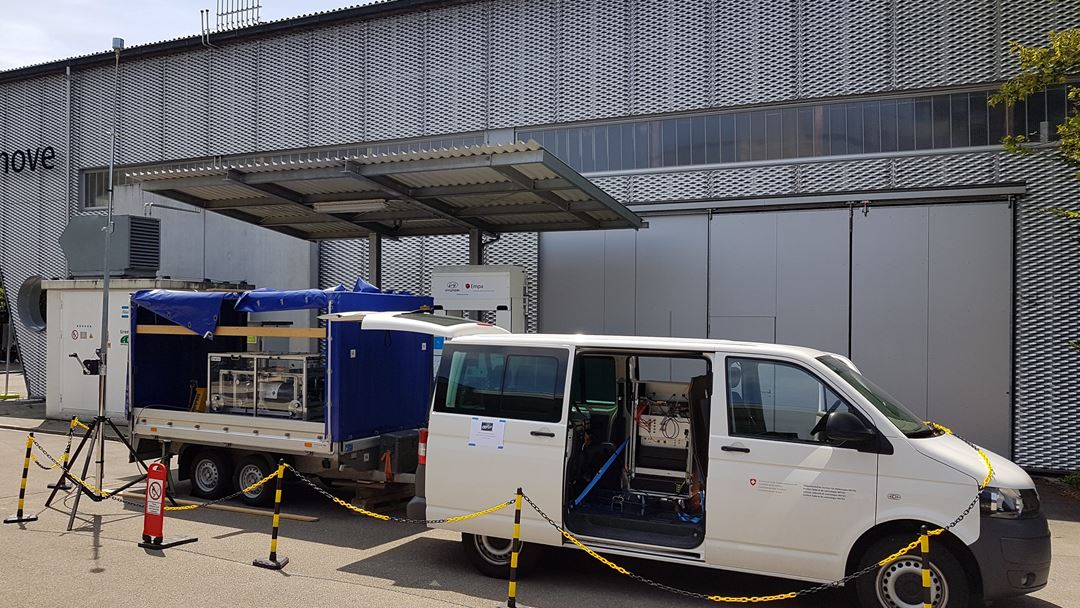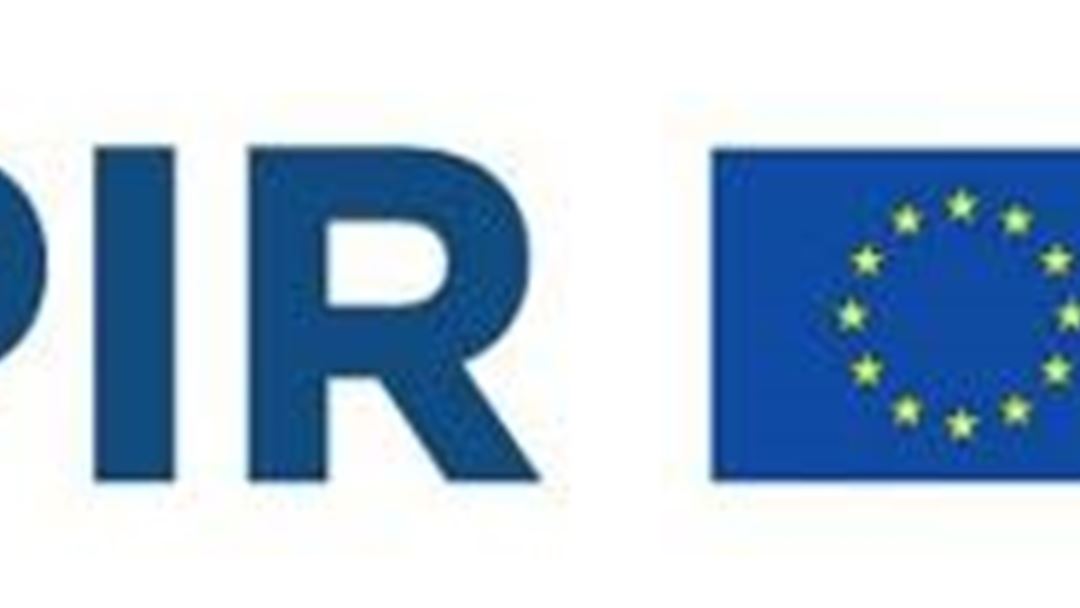Metrology for hydrogen vehicles 2 is an EMPIR funded project running for 3 years from August 2020 until August 2023. The project continues the work of MetroHyVe 1 but also adds objectives for hydrogen fuel cell impurity testing.
Climate change, air quality and reliance on imported fuels from non-renewable sources require quick deployment of alternative fuels such as hydrogen to meet the 2050 Europe carbon neutral targets (net-zero emission from transport). According to 78 % of automotive executives polled, Fuel Cell Electric Vehicles (FCEV)s are “the real breakthrough for e-mobility” and could represent 32 % of fuel demand by 2050.
Current barriers to mass implementation of hydrogen in transport arise from European Directive 2014/94/EU and International organisation of legal metrology (OIML) recommendations that must be met by all European hydrogen refuelling stations (HRS). MetroHyVe 2 will address these issues and will develop metrology that will enable hydrogen to become a conventional fuel and support the European energy transition. The project will tackle measurement challenges in hydrogen flow metering, hydrogen quality control,hydrogen sampling and fuel cell stack testing. Through engagement with key stakeholders such as consumers, hydrogen producers, HRS operators, automotive manufacturers and standardisation bodies, the previous project identified the following measurement challenges that need to be addressed in order to support the deployment of hydrogen as a transport fuel in Europe.
The primary scientific and technical objectives are:
- Flow metering: accurate metering of dispensed hydrogen through calibration with secondary standards
- Hydrogen fuel quality control: provide reference materials for laboratories to be compliant with ISO 14687 and ISO 21087
- Provide scientific input to standardisation of sampling of hydrogen from HRS
- Validation of online sensors for fuel quality control at HRS
- Harmonized methodology for evaluation of impact of impurities on FC stacks

This project “Metrology for Hydrogen Vehicles 2” (MetroHyVe 2) has received funding from the EMPIR programme co-financed by the Participating States and from the European Union’s Horizon 2020 research and innovation programme under Grant agreement No [19ENG04] .

